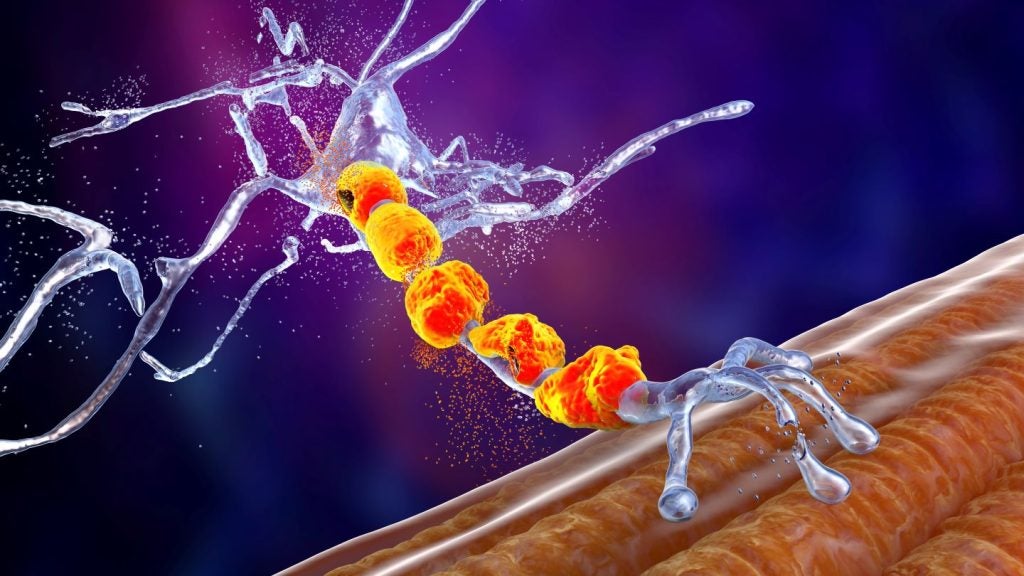Woolsey Pharmaceuticals has announced encouraging results from its Phase IIa study of BRAVYL, revealing a substantial decline in neurofilament light chain (NfL) levels and potential clinical benefits for patients with ALS.
Dubbed Rho kinasE inhibition in Amyotrophic Lateral Sclerosis (REAL), the open-label, single-arm trial evaluated the initial tolerability, safety and impact on clinical outcomes and neurodegeneration biomarkers of BRAVYL in ALS patients.
It enrolled 31 subjects in the initial patient cohort, 25 of whom were receiving the 24-week course of treatment at a dose of 180mg per day. Of these subjects, 20 were part of the study's first extension phase.
The primary safety endpoint was met, with BRAVYL proving safe and well-tolerated without any drug-associated adverse events leading to participant withdrawal.
Furthermore, no unexpected safety findings have emerged, with some patients receiving treatment for up to 18 months.
A significant finding of the study was BRAVYL's ability to decrease NfL, a marker of neuronal axon damage, by 15% after 24 weeks of treatment, which is a substantial improvement considering that NfL levels typically increase by an average of 11% over six months in ALS patients.
This data suggests that BRAVYL could potentially reduce NfL by up to 26% compared with a placebo group over the same duration.
Furthermore, larger reductions in NfL correlated with less deterioration in the ALS Functional Rating Scale-Revised (ALSFRS-R) scores, indicating that the clinical benefits of reducing NfL may be observed concurrently with the reductions.
Given the 180mg/day dose's safety and tolerability, the REAL study is expanding to screen and potentially enrol up to 15 subjects at a 300mg/day dose.
These participants will undergo treatment for 24 weeks, with the option to continue in an extension treatment phase.









